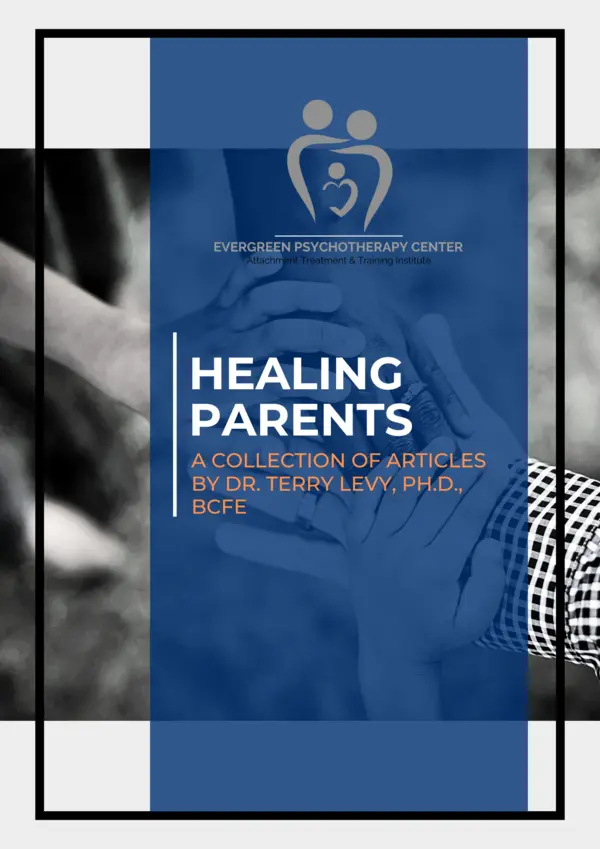Background reading
One of the most damaging results of abuse, neglect, and interpersonal trauma in children is their chronic inability to modulate emotions, behaviors, and impulses. Maltreatment affects the biological and psychological ability to self-regulate and often leads to a variety of psychosocial problems, including aggression against self and others (D’Andrea et al. 2012; van der Kolk & Fisler 1994).
The ability to manage stress and control impulses is a crucial task children learn throughout development. However, self-regulation problems are common when young children experience significant fear, loss, and disrupted attachment. There is evidence that chronic stress experienced prenatally influences the biological development of stress reactivity and self-regulation in infants and children (Calkins & Hill 2007). From birth to 3 years, children rely heavily on parents and caregivers to help them learn to control their emotions, impulses, and behavior. Self-control skills continue to develop throughout childhood and adolescence. A classic study in the 1960s, called the “marshmallow test,” demonstrated the importance of impulse control. Four year olds were told they could eat one marshmallow now, or wait until the adult returned and then have two marshmallows. More than a decade later, the children who waited were healthier emotionally and behaviorally, and had much higher scores on their SATs. As adults, those who were able to delay gratification as children again scored higher on mental health and relationship measures (Mischel, Shoda, & Peake 1988).
Secure attachment with a primary caregiver is critical if children are to learn self-control. “The primary function of parents can be thought of as helping children modulate their arousal by attuned and well-timed provision of playing, feeding, comforting, touching, looking, cleaning, and resting—in short, by teaching them skills that will gradually help them modulate their own arousal” (van der Kolk 1996, p. 185). The reliable and appropriately responsive caregiver provides a balance of stimulation (“up-regulate”) and soothing (“down-regulate”) to modulate the infant’s level of arousal. Neglectful and abusive caregivers, or separations and other attachment disruptions, can result in chronic over- or under-arousal in infants and toddlers. Researchers found that as many as 80% of maltreated children develop disorganized-disoriented attachment patterns, resulting in numerous symptoms, including an inability to modulate emotions and impulses (Lyons-Ruth 1991).

